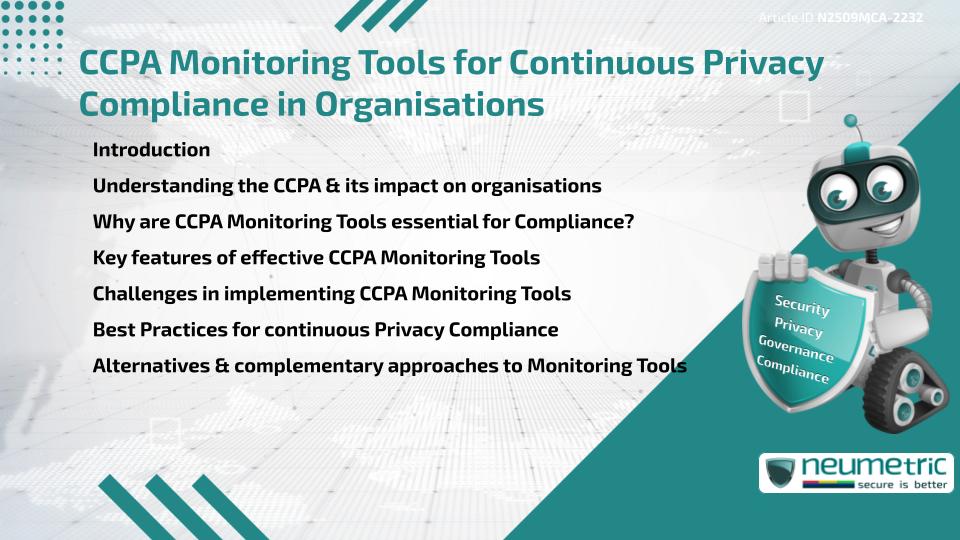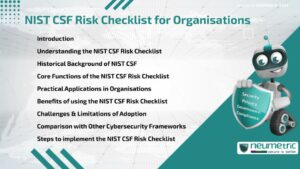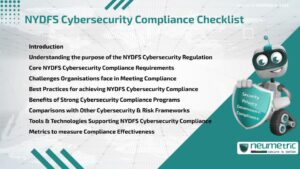Table of Contents
ToggleIntroduction
The California Consumer Privacy Act [CCPA] sets strong rules for how organisations handle Personal Data of California residents. Non-Compliance can lead to legal penalties, loss of Consumer Trust & Reputational harm. To stay compliant, many organisations rely on CCPA Monitoring Tools, which track Data Handling, highlight Risks & ensure that Privacy practices remain up to standard. These tools help organisations maintain transparency, manage data requests efficiently & protect Customer rights. In this article, we will explore the importance of CCPA Monitoring Tools, their features, challenges, Best Practices & alternatives that support continuous Privacy Compliance.
Understanding the CCPA & its impact on organisations
The CCPA was enacted to give Consumers more control over their Personal Data. It grants rights such as Access, Deletion & the ability to Opt out of data selling. For organisations, this means a duty to maintain accurate records of how they collect, store & share Personal Information. While Compliance can be achieved manually, this often proves impractical as data volumes grow. Here, CCPA Monitoring Tools play a central role by automating Compliance checks & ensuring continuous oversight.
Why are CCPA Monitoring Tools essential for Compliance?
Organisations today face an expanding landscape of Privacy laws. CCPA Compliance is not a one-time exercise but an ongoing responsibility. CCPA Monitoring Tools help in:
- Tracking consent & opt-out preferences in real time
- Managing Consumer Data requests efficiently
- Ensuring data flows are transparent across systems
- Detecting violations or high-Risk practices before regulators do
Without such tools, Compliance depends heavily on manual oversight, which is prone to errors & delays. By automating core processes, organisations not only reduce Compliance Risks but also build greater Consumer confidence.
Key features of effective CCPA Monitoring Tools
Effective tools share some common features that make them suitable for large & small organisations alike:
- Automated Data Mapping: Helps identify what Personal Data is collected, where it is stored & how it is shared.
- Consent Management: Tracks Consumer preferences & ensures opt-outs are respected across all systems.
- Request Handling: Provides automated workflows for access & deletion requests within the required timelines.
- Audit Trails: Maintains clear records of Compliance activities for Internal Review & External Audits.
- Risk Alerts: Flags unusual or non-compliant activities for quick intervention.
By combining these features, CCPA Monitoring Tools reduce complexity & help ensure ongoing Compliance.
Challenges in implementing CCPA Monitoring Tools
Despite their benefits, these tools are not without challenges. Some organisations face issues like:
- Integration difficulties with legacy systems that were not designed with Privacy in mind
- Costs of implementation & maintenance, which can be significant for smaller organisations
- Over-reliance on tools, leading to Gaps when human oversight & training are ignored
- False positives, where automated alerts may trigger unnecessary Reviews
These challenges highlight the need for a balanced approach that combines technology with strong Governance.
Best Practices for continuous Privacy Compliance
To gain the most from CCPA Monitoring Tools, organisations can follow Best Practices such as:
- Training staff on Privacy principles alongside tool usage
- Reviewing Monitoring Reports regularly to identify patterns
- Setting up clear roles & responsibilities for Compliance oversight
- Using independent Audits to validate monitoring outcomes
- Keeping systems updated to reflect new Legal or Regulatory changes
By embedding these practices, organisations make Compliance part of their culture rather than a task driven only by tools.
Alternatives & complementary approaches to Monitoring Tools
While CCPA Monitoring Tools provide automation, they work best alongside complementary methods such as:
- Manual Audits for spot-checking Compliance gaps
- Privacy impact assessments for new projects
- Clear Policies & Communication to guide staff behavior
- Third Party evaluations for objective oversight
Together, these approaches ensure that organisations achieve a comprehensive Compliance strategy.
Conclusion
The CCPA has reshaped how organisations handle Consumer Data. CCPA Monitoring Tools help make Compliance practical & sustainable by Automating tasks, detecting Risks & simplifying Reporting. However, successful implementation requires balancing these tools with Governance, staff training & independent oversight. By combining technology & human judgment, organisations can maintain continuous Compliance & protect Consumer Trust.
Takeaways
- CCPA grants Consumers strong rights over Personal Data.
- CCPA Monitoring Tools automate Compliance tasks such as data mapping, consent management & request handling.
- Implementation challenges include costs, integration & false positives.
- Best Practices combine tools with Staff training & regular Audits.
- A balanced approach ensures sustainable Privacy Compliance.
FAQ
What are CCPA Monitoring Tools?
They are software solutions designed to help organisations track, manage & demonstrate Compliance with the California Consumer Privacy Act.
How do CCPA Monitoring Tools support Compliance?
They automate key processes such as handling Consumer Data requests, tracking Consent & maintaining Audit trails.
Are CCPA Monitoring Tools necessary for small organisations?
Yes, even small organisations benefit as they help reduce Errors & simplify Compliance with limited staff resources.
Can CCPA Monitoring Tools replace human oversight?
No, tools are most effective when combined with Staff training, Governance & independent Audits.
What are the Risks of relying only on CCPA Monitoring Tools?
Risks include false positives, over-reliance on automation & gaps in Compliance if staff are not properly trained.
Do CCPA Monitoring Tools also help with other Privacy laws?
Yes, many tools are designed to support multiple Privacy frameworks, including GDPR & CPRA.
Need help for Security, Privacy, Governance & VAPT?
Neumetric provides organisations the necessary help to achieve their Cybersecurity, Compliance, Governance, Privacy, Certifications & Pentesting needs.
Organisations & Businesses, specifically those which provide SaaS & AI Solutions in the Fintech, BFSI & other regulated sectors, usually need a Cybersecurity Partner for meeting & maintaining the ongoing Security & Privacy needs & requirements of their Enterprise Clients & Privacy conscious Customers.
SOC 2, ISO 27001, ISO 42001, NIST, HIPAA, HECVAT, EU GDPR are some of the Frameworks that are served by Fusion – a SaaS, multimodular, multitenant, centralised, automated, Cybersecurity & Compliance Management system.
Neumetric also provides Expert Services for technical security which covers VAPT for Web Applications, APIs, iOS & Android Mobile Apps, Security Testing for AWS & other Cloud Environments & Cloud Infrastructure & other similar scopes.
Reach out to us by Email or filling out the Contact Form…





